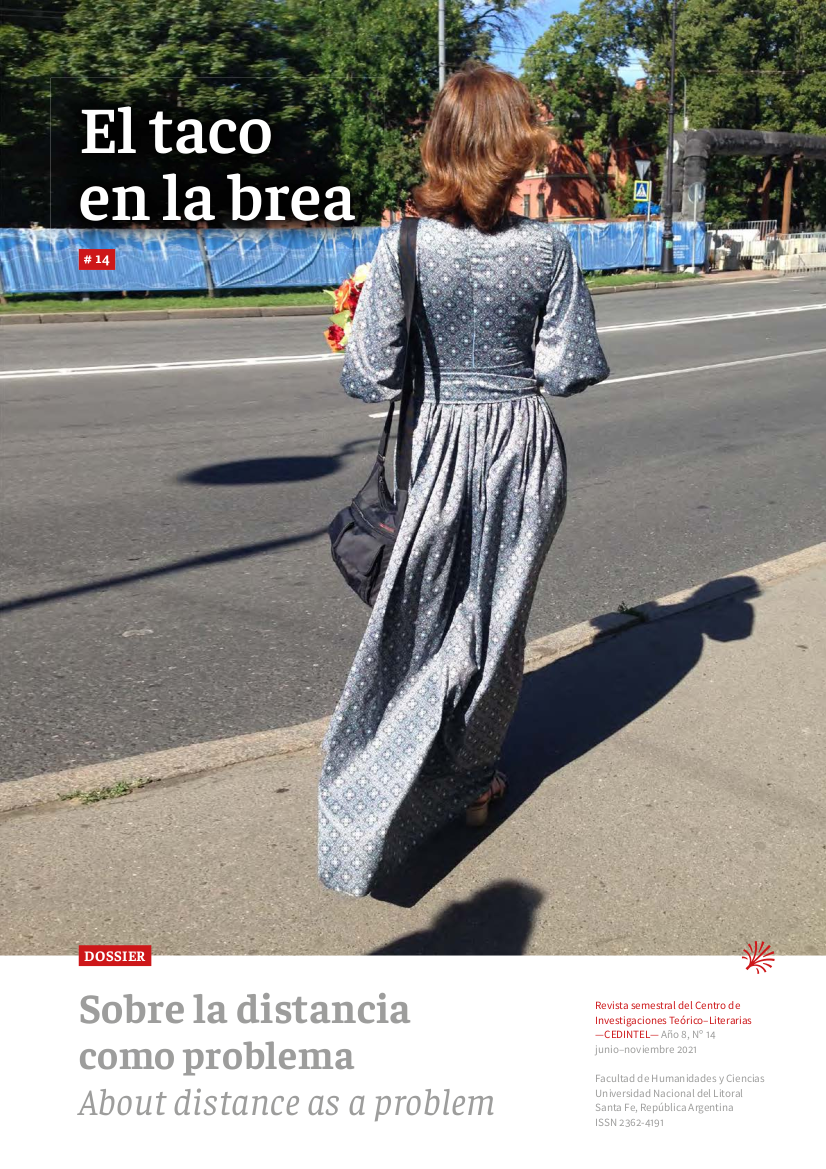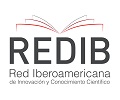The times of affect. Archive, Distance, Memory: An Approach to Cuatreros by Albertina Carri
DOI:
https://doi.org/10.14409/tb.2021.14.e0049Keywords:
distance, affection, memory, images, archiveAbstract
From an approach to the film Cuatreros (2017) by Albertina Carri, we propose to consider the distance in the affective aspect which reflects on unique ways of connecting with the past. The film recovers the story of the unsuccessful pursuit of the screenplay written in the early 1970s by Pablo Szir, which was based on Roberto Carri’s, his father, research (from his book Isidro Velázquez: Formas prerrevolucionarias de la violencia, 1968.) The filmmaker was disappeared at the hands of the violent and dictatorial state that ruled Argentina from 1976 to 1983, as well as Albertina’s parents and everything that was related to that script. We are interested in analysing this film in the context of the mysteries that are related, on the one hand, to how this archive is used as an image reservoir (it should be noted that Cuatreros is completely made up of archive photos.) On the other hand, and given the experimentation framework in which the filmmaker focuses on the past, we are inspired to explore the aspects of his research and consecutive failures to carry the project forward. The historical gap is regarded as an issue of the portrayal of the past, but also as a challenge to contemplate, from an affective aspect, the creation of the unprecedented links between the individual and the mutual. A pursuit of an aesthetic form which is, above all, an affective, ethical, and political exploration of how to keep on narrating the effects of violence and the disappearance of our late past, from the present we live in.





















